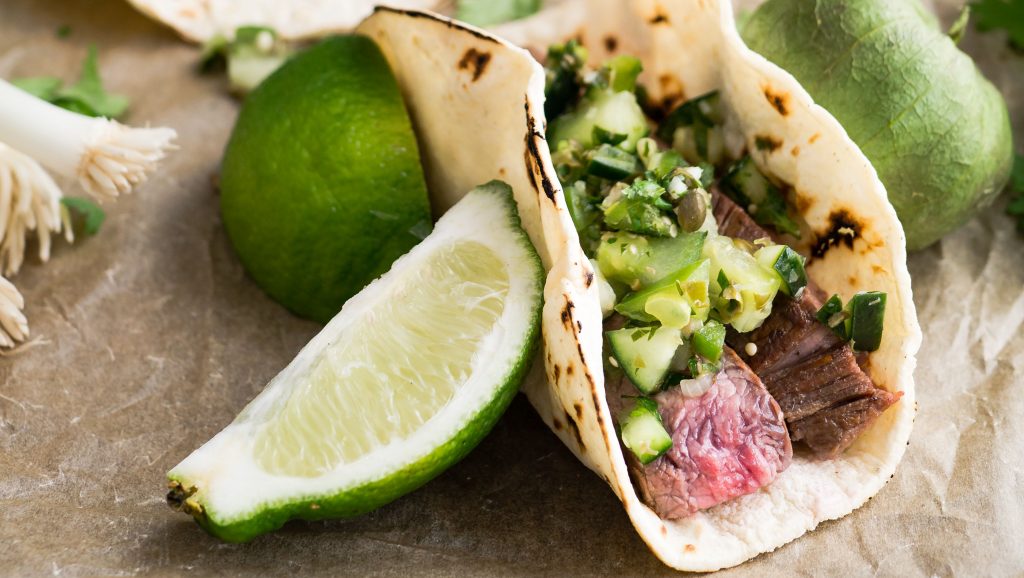How we eat and what we drink being forever changed over the course of the last two years, we wondered what lies ahead in 2022. Will we return to favourite ingredients from pre-pandemic life or are we looking to food and drink companies to bring something new to the table? Here are the Food24 team’s top three predictions.
1. Commercial soft drinks to aid sleep
We’ve seen a variety of infused waters promising to assist us in living longer and more healthily, but we predict that drinks that specifically promise to help us gain a more restful sleep will take centre stage in 2022. As the pandemic dragged on for two more years and looks set to be around for a while longer, our patterns and routines have all changed – parents are balancing home-schooling with work meetings, couples are sharing communal spaces 24/7, and children are restricted from social interaction. Is it any wonder then that the American Psychological Association revealed that, in 2021, more than 80% of Americans reported feeling at least one emotion commonly identified with stress? With rest and relaxation being on the list of healthy ways to cope with stress, we predict that soon you’ll be able to pop to your nearest grocery store to buy a thirst-quenching beverage that will also help you sleep like a baby. And it seems soft drink companies will be leading the way. In fact, PepsiCo has already launched a drink called Driftwell in the US. The drink contains 200mg of L-theanine, an amino acid that has been linked to sleep quality, and 10% of the recommended daily value of magnesium, which helps to relax the jaw and reduce teeth grinding.
Younger Millennials and Gen Zers have been dubbed “industry killers” by the alcohol industry, with reports stating that Gen Zers consume 20% less alcohol than Millennials – who were already drinking less alcohol than the generations preceding them. As more and more Gen Zers reach the legal drinking age of 18 years, this means the alcohol industry will need to offer increasingly enticing alcohol-free options. Of course, we have already seen an increase in non-alcoholic wines, MCCs, spirits and cocktails hit the market, as this trend was further exacerbated by numerous alcohol bans over the past two years. Added to this is the fact that canned drinks are more convenient – especially during a pandemic where we’re all reluctant to share glasses and we’re encouraged to eat outdoors at picnics, for example. So, it seems likely that these two trends will be combined, leaving us with canned mocktails instead of canned wines, cocktails and seltzers. Even better will be if these mocktails can offer health benefits at the same time! Alcohol brands have already noted that consumers are more concerned than ever with what is going into their bodies, so we predict this hybrid innovation is just around the corner.
Another outcome of the pandemic is the restriction placed on our movements. Specifically, many South Africans haven’t been able to travel internationally since the first lockdown was imposed, partly due to household budget cuts and the extreme stress that comes with travelling now – will South Africa impose a lockdown the day before your flight is meant to leave? Will the country you’re heading to ban South Africans from travelling there? Not to mention the Covid-19 testing and risk you undertake travelling during a pandemic. For as long as this pandemic is around, we predict that travelling will continue to be something only a few South Africans will be able to enjoy. But that doesn’t mean our palates are restricted! With many being forced to cook for themselves during the pandemic, we believe we’ve become more adventurous in the kitchen. Coupled with this is the fact that ingredients have become more limited and more expensive, leading us to experiment with what is readily available. Fans of MasterChef Australia will also have seen this trend in the more recent season, where even the challenges called on contestants to use indigenous ingredients. So, we believe we’ll see more South Africans using local, less expensive ingredients to make homegrown versions of exotic international dishes.

